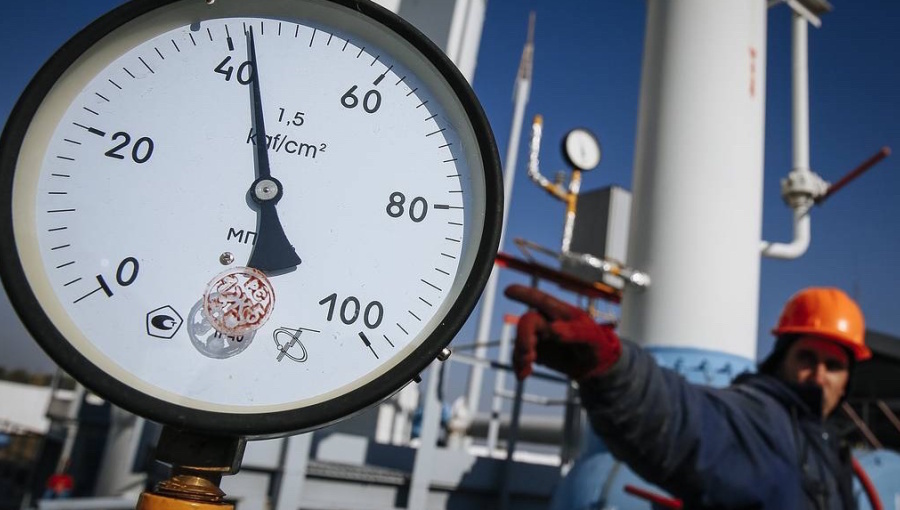Bulgaria imposes punitive tax on gas transit from Russia

Bulgaria has imposed a tax on the transit of Russian natural gas through its territory in a move seen as both an attempt to secure extra revenue and a blow against Moscow and its allies in Europe – Serbia, Hungary and part of Bosnia & Herzegovina.
The move came days after Sofia imposed a 60% tax on profits of Russia-owned Lukoil Neftochim Burgas oil refinery.
As of October 13, Bulgaria is imposing a BGN20 (€10) excise tax per megawatt-hour of transiting Russian gas, which would increase its price by 20%. The expected revenue for Bulgaria, according to calculations of Capital news outlet, is BGN3bn per year.
Prime Minister Nikolai Denkov commented on the decision on October 16, saying that the country has the right to impose tax on the import and transit of natural gas on its territory.
Despite the sanctions against Russia, “some countries were allowed to import Russian gas because they had no other options. Such are Hungary and Serbia. But there are already interconnectors, so there are alternatives and Russian gas should not enjoy any special preferences,” Denkov said as quoted in a statement.
“In fact, the tax we introduced creates an opportunity for real competition between liquid natural gas from different sources and gas that comes from Russia,” Denkov also said.
Bulgaria’s Finance Minister Assen Vassilev added that the tax is calculated not only on the transit but also on the local consumption of Russian gas.
“It [the tax] is fully in line with the EU targets to reduce its dependence on Russian fossil fuels. Since in most contracts with Gazprom the price is calculated at the point of delivery in a country, the tax will most likely have no impact on gas prices. It will only reduce Gazprom's profits,” Vassilev said as quoted by Capital.
However, Serbia and Hungary claim that Sofia’s decision is unacceptable and will harm their interests.
Hungarian Foreign Minister Péter Szijjártó said that the decision of Bulgaria was an “unacceptable […] law with an unclear background”. He also said this was “another attempt to undermine Hungary’s energy security and energy co-operation between Hungary and Russia”.
Serbian President Aleksandar Vucic also reacted strongly against the imposed tax.
“This is a big problem for us. This will lead to a drastic increase in the price of gas by an additional €100 per 1,000 cubic metres of gas. This is an appalling increase, and we will talk to the Bulgarian side. And this [decision] should not be valid for Serbia,” Vucic said as quoted by Politika news outlet.
Serbia, Hungary, North Macedonia and Austria receive all quantities of Russian gas through the Bulgarian stretch of TurkStream.
Bosnia has also reacted, saying it might be forced to increase the price for end-consumers by 20% as a result of Sofia’s decision.
Meanwhile, Vassilev said, as quoted by the Financial Times, that Lukoil has started a procedure to sell the oil refinery in Bulgaria.
“There probably is an economic benefit to switching the ownership of the refinery,” he told the Financial Times.
Vassilev added that the government has indications of possible interest in that sale. The government does not participate in the deal but would not lift punitive measures until new owners take over the refinery. After the sale, the 60% profit tax would be reduced to 15%, Vassilev said.
Meanwhile, the refinery was obliged to adjust its equipment to work with non-Russian crude oil, which is estimated to cost around €500mn.


Follow us online